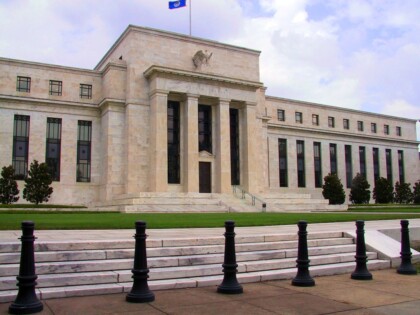
The State of Independence has become of the latest U.S. states to warn about the risks posed to consumers by peer-to-peer decentralized virtual currencies. This time, the consumer alert and investor advisory cited both bitcoin and litecoin.
On Monday, the Pennsylvania Department of Banking and Securities was urging consumers, investors and businesses to proceed with caution if they intend to buy, sell, trade or invest in cryptocurrencies, including bitcoins and litecoins.
The statement, which was composed in collaboration with the Conference of State Bank Supervisors and the North American Securities Administrators Association, consisted of an explanation as to what virtual currency is, how it works and in what ways it can be acquired. Essentially, the investor alert from Pennsylvania is akin to the ones posted by Missouri, Idaho and Connecticut.
“These virtual currencies – unlike U.S. dollars – are not backed by tangible assets or the full faith and credit of the U.S. government, and currently are subject to little or no regulation in any country,” said Secretary of Banking and Securities Glenn E. Moyer in a news release. “In addition, we have seen that the value of virtual currencies is highly volatile and the very concepts underlying these currencies are still being debated by financial and legal experts.”
Before making the decision to dole out money in bitcoin or any other digital currency, the Pennsylvania banking department was recommending the three aforementioned parties to consider the following:
– The Internal Revenue Service (IRS) has classified bitcoin as a property and transactions are subjected to taxes
– Digital currencies are susceptible to cyberattacks and criminal activities
– Virtual currency is not insured by the Federal Deposit Insurance Corporation (FDIC)
It recommended consumers to make inquires or file a complaint with the Department of Banking and Securities either online or by telephone (1-800-PA-BANKS).
The Influx of Alerts, Reports
Numerous department heads at the state level, such as the Indiana Secretary of State and the Montana Securities Commissioner, have released similar consumer alerts warning about the dangers of investing in bitcoins and the long list of other cryptocurrencies.
In addition, departments and agencies at the federal level have also published documents and advisories. One of the latest was the Federal Advisory Council (FAC), an adviser to the Board of Governors of the Federal Reserve System, released a report in which it highlighted security concerns, how it poses a threat to the payments system and there is a future of growth for the industry.
“Consumers are likely to use Bitcoin if they perceive its benefits – namely faster settlement and geographic flexibility – to exceed those of its alternatives,” the FAC stated. “If this were to happen we could see multi-currency accounts at traditional institutions.”
The Securities and Exchange Commission (SEC) issued an alert warning of the potential bitcoin risks.







